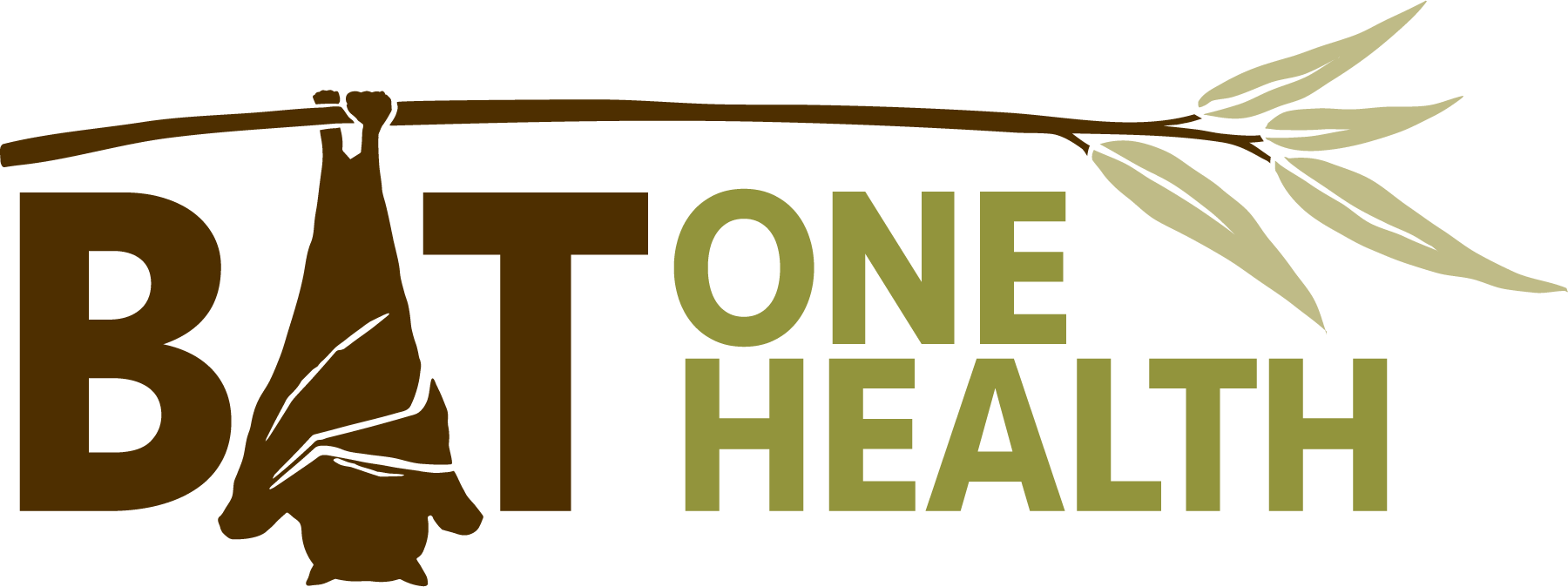Cornell Chronicle: Changes in bats’ diets increase spread of viruses, spillover risk
BatOneHealth researchers have discovered that when bats lose natural habitats and food sources, their dietary changes significantly increase viral shedding and disease transmission. The study found that bats consuming suboptimal low-protein diets, like those available after habitat loss, shed viruses longer and eat more food, potentially increasing foraging movement and spillover risk. Cornell Chronicle
Led by Professor Raina Plowright and Postdocs Caylee Falvo and Dan Crowley, the BatOneHealth team working with Jamaican fruit bats demonstrated that diet profoundly affects the animals' ability to clear viruses. This research warns that climate change and land development impact bat health and increase risks of outbreaks from viruses including SARS, Nipah, and Ebola. Cornell Chronicle
The findings emphasize habitat preservation as a critical strategy for BatOneHealth's mission of pandemic prevention.
For more information please see the article in the Cornell Chronicle or the publication in Proceedings B.
